The VH1 Rock Doc Planet Rock: The Story Of Hip Hop And The Crack Generation attempted to explain one of the most obvious and lasting symbiotic relationships in modern pop culture: The inextricable link between Hip-Hop and the crack trade. The special featured interviews with various icons of both the rap game and the drug game; the unifying theme being that all their lives were profoundly impacted by the crack cocaine explosion of the 1980’s. The endless parade of testimonials achieved its desired effect by illustrating two major differences between the interview subjects and their modern day counterparts: experience and perspective. This observation tilts the scales of Hip-Hop’s long raging generational war squarely in favor of the old guard.
Hip-Hop objectivists love to point out the similitudes between the old and new guard in order to illustrate the supposed hypocrisy of the former. The anecdotes related by the rappers on Planet Rock reveal such reasoning to be convenient, superficial, and myopic. The old schoolers experienced the crack explosion first hand and responded accordingly. Did they sometimes grossly exaggerate said experiences for the sake of entertainment? Most certainly, but their particular brand of street fiction still seemed informed by both experience (limited though it may be) and perspective. Snoop Dog did time in jail on a drug conviction before embarking on his rap career. RZA was charged with attempted murder while hustling in Ohio. Ice-T witnessed L.A. Gang culture in its infancy before becoming adept at various forms of robbery. He heavily emulated the style of the hustlers he ran with.
As a result, the gangsta/hustler music produced in the 1980’s and 1990’s felt relevant, timely, immediate, darkly humorous and legitimate. Those guys came from a time when the Bloods and Crips had just begun spreading their gospel beyond the confines of Los Angeles County. The crack trade was still lucrative, and its effects were readily apparent to even the casual observer. Compare that to the likes of Rick Ross, who receives what some might call unfair treatment at the hands of Planet Rock. After coming clean about his past as a correction officer, Ross slyly implied that the job was merely a cover for more nefarious activities. He has provided nothing in the way of actual evidence to substantiate such claims, despite his rumored ties to both the Boobie Boys and the Carol City Cartel.
The differences also extend to the creative output from artists on both sides of Hip-Hop’s generational divide. Though the subject matter and other superficial elements have remained consistent, the context has changed. Only Built 4 Cuban Linx…retained a ground zero perspective that balanced out the unmitigated fantasy invoked by its myriad cinematic influences. By contrast, Rick Ross’s glossy tales from the crack side are sonically pristine yet reverberatingly hollow. Ross’s image comes off as calculated, studied, and in some ways laughably overdone. His trademark beard and sunglasses ironically conjure up images of government trying to hide his identity.
The cocaine music of yesteryear also possessed a level of ambition and hopefulness that is sorely lacking in its current incarnation. Many of rap’s current stars seem to take a celebratory yet casual view of the dope game. They aren’t looking for a last big score as they see no need to escape from anything. By contrast, Reasonable Doubt suffered from pangs of guilt and a desire to transcend one’s origins. The specter of death loomed large over Scarface’s most effective songs. RZA and company were inspired by the crack game. Rick Ross and his ilk are inspired by rappers who were inspired by the crack game. It’s like a facsimile of a facsimile.
Even though gangsta rap is supposedly dead, crack game chic still exerts an incredible and lasting influence on the Hip-Hop. The pervading myth that Hip-Hop has always been fake is a conveniently gross overstatement. Rappers are entertainers, and as such are allowed a measure of artistic license. Raekwon’s crew most likely wasn’t clocking 40’s G’s a week, yet the character of “The Chef” seemed to have some basis in reality. His sensibilities spoke to a time and place in history where the American dream as envisioned by Tony Montana seemed within arm’s reach. That era is long since dead, leading one to wonder just who and what it is that Rick Ross speaks for.
Follow Malice Intended on Twitter @ http://twitter.com/renaissance1977
Follow Us on Twitter @ http://twitter.com/planetill
Join Us on the Planet Ill Facebook Group for more discussion
Follow us on Networked Blog

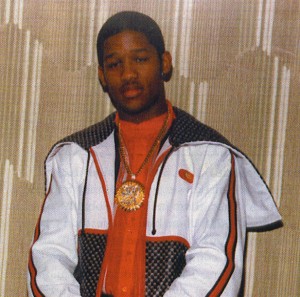
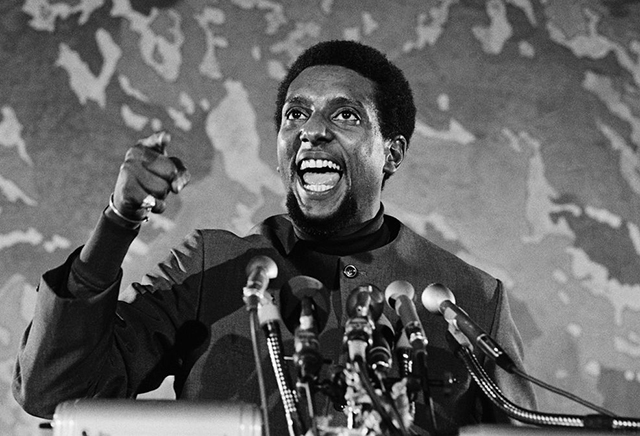
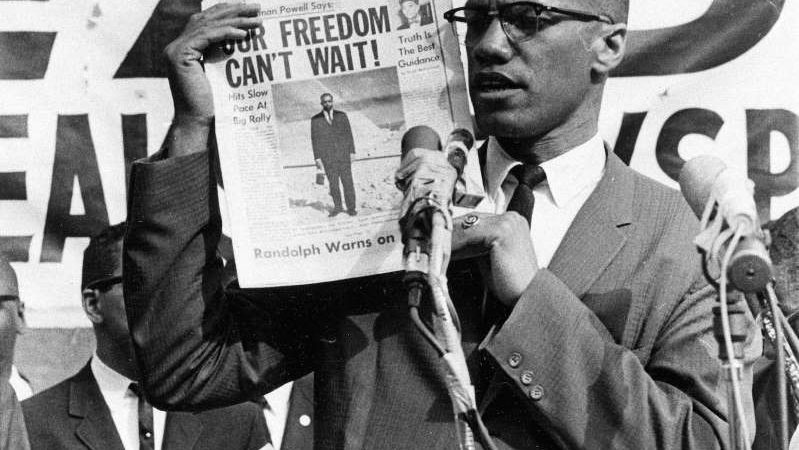
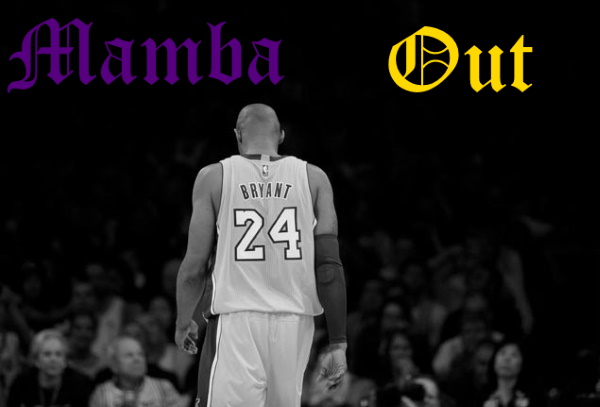
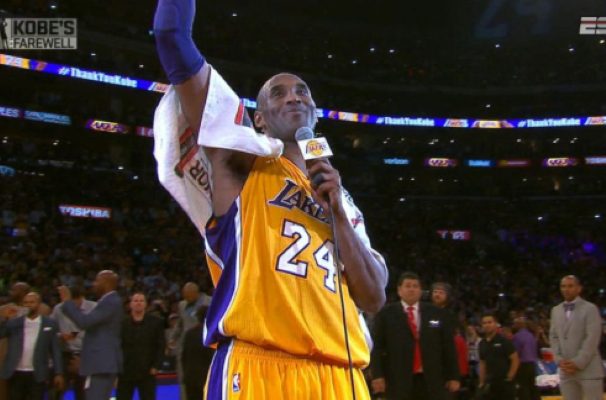
I think the last two sentences summed up this article perfectly. Great writing Malice.
Good looking out Martin. I know that I’m going to get blasted for this article in certain circles, but I felt this needed to be said. People want to dismiss the critiques of old school rappers as hypocritical. I think it’s all too easy to do that. I do agree that a lot of what they say is motivated by jealousy and envy, but I also think they have a point.